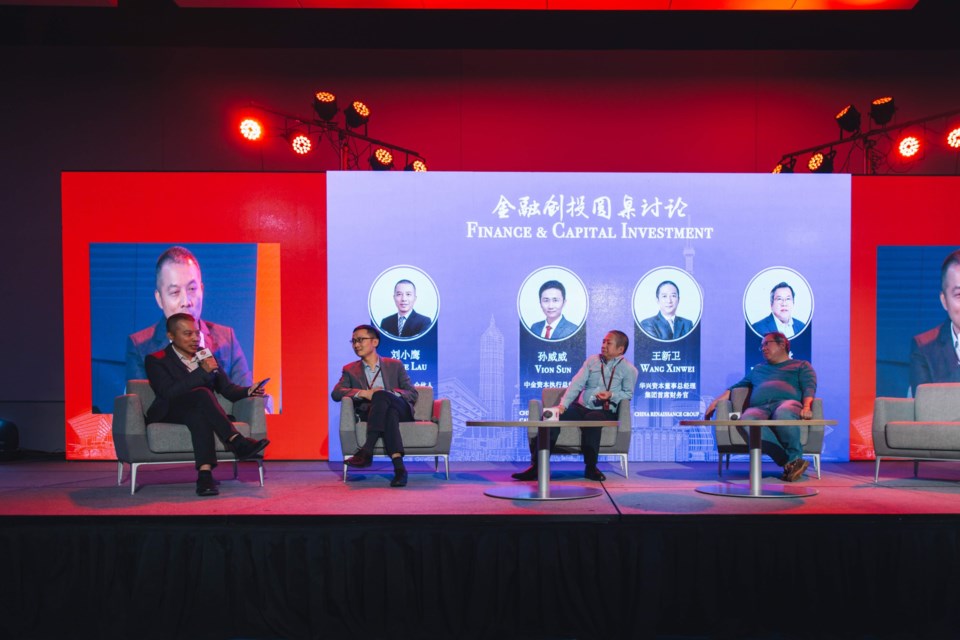Canada-China relations have remained in a deep freeze since 2018 after the arrest of Meng Wanzhou at Vancouver International Airport and what’s largely seen as the retaliatory arrests of two Canadians living in China, Michael Korvig and Michael Spavor.
However, that tension at the diplomatic level is all the more reason why business groups need to foster conversation and dialogue between the two countries, according to Richmondite Zi Yuan.
This is the impetus behind the UBC China Forum, a four-day online conference organized by members of the UBC BizChina Club, which will take place from March 19 to 22.
Yuan, a UBC alumnus and the event organizer, said the virtual event would be split into four sections: ventures, retail sector, technology and international relations.
“We strive to become a bridge between Canada and China, expanding the quality and reach of meaningful dialogue between the two countries,” said Yuan, adding that the event is entirely student-run and is not affiliated with any political parties or foreign embassies.
With the theme of “Resilience and Reinvention,” this year’s forum will also highlight the importance of adapting to technological changes amid the pandemic and overcoming challenges through reinventing ourselves, said David Tso, president of UBC BizChina Club.
Even more importantly, according to Tso, the forum could broaden conversations and serve as a platform for dialogue and cooperation at a time when Canada-China relations are at a low point.
“Conferences like this highlight speakers and scholars from both sides. It’s not hiding any differences, values, or institutions. As long as there are meaningful dialogues I think, that’s how you can learn best, having a pragmatic and constructive view of everything,” said Tso.
“Differences in values and institutions do not need to be hidden. Our goal is simply to have meaningful ground-level conversations between experts from both Canada and China,” he added.
For more information, visit https://www.ubcchinaforum.com/.

(web).jpg;w=120;h=80;mode=crop)


